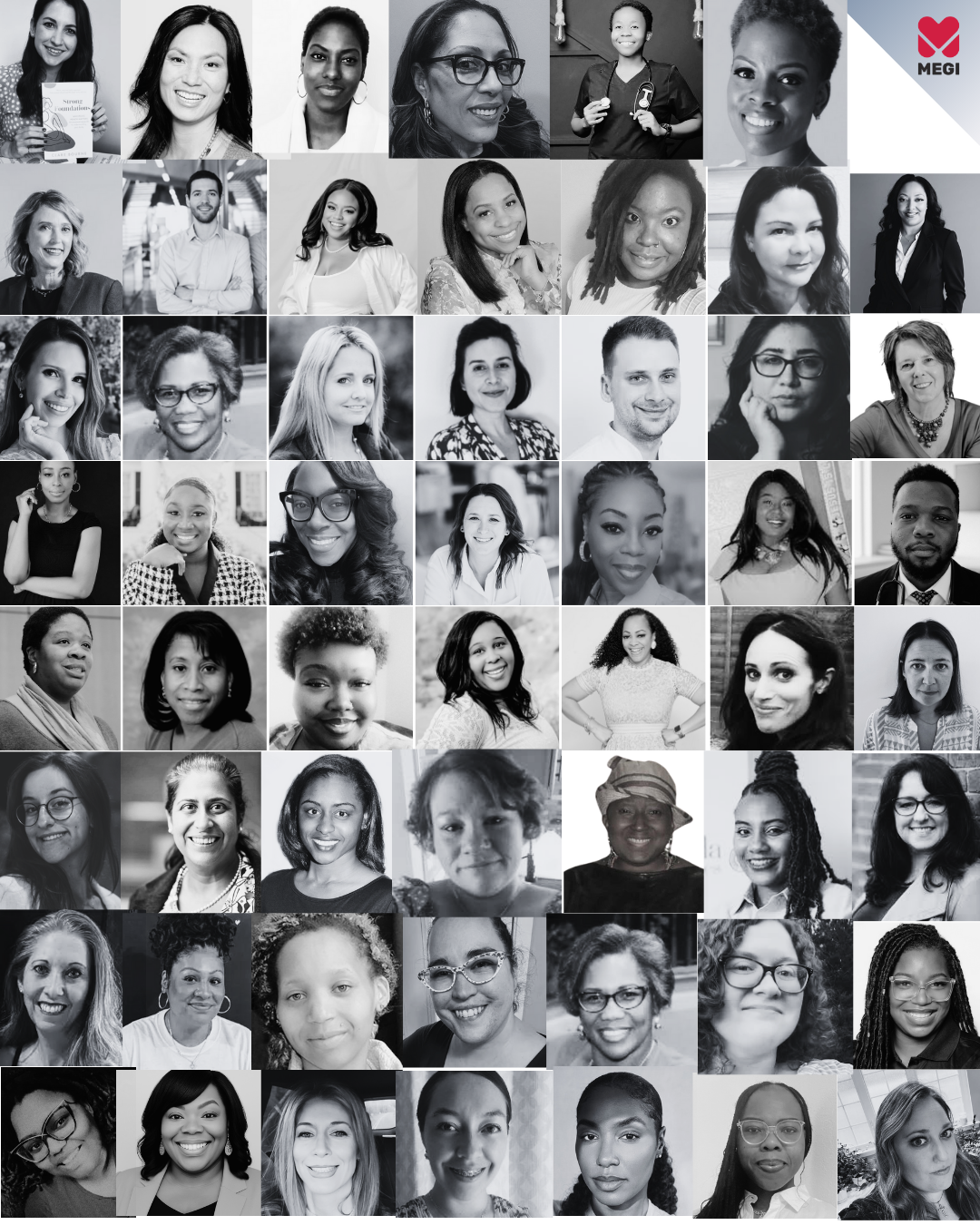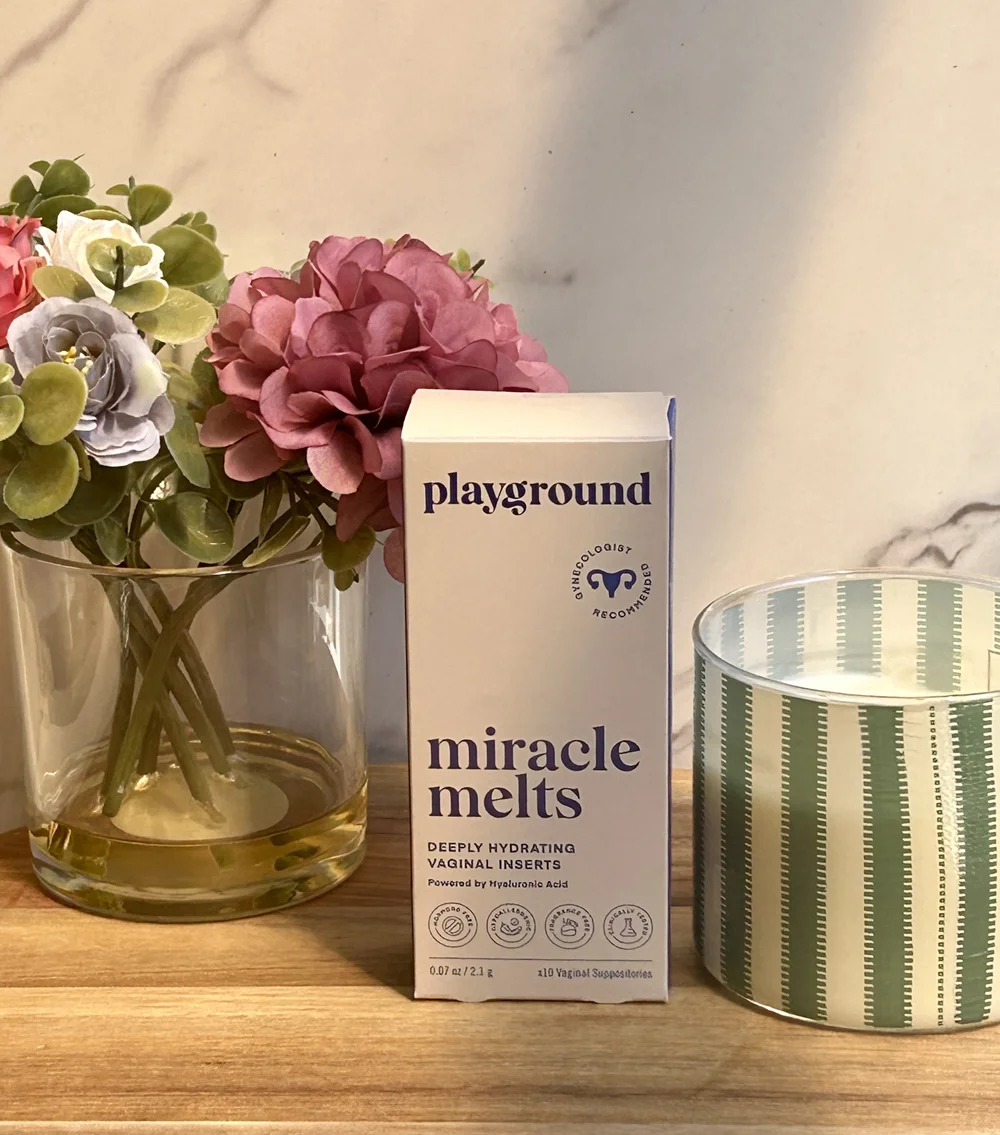When Ines Knežević talks about Megi Health, she isn’t just describing a startup. She’s telling a story rooted in loss, resilience, and the urgent need for change in maternal health.
“I lost my dad after six heart attacks, he was only 48. The warning signs were there, but no one realized how serious they were. That experience pushed me to think about how technology can catch what doctors sometimes can’t.”
Together with co-founder Nina Sesto, Knežević launched Megi Health to bridge the gap between medical innovation and real people’s lives. The duo spent 2 years building technology to support patients with cardiovascular disease, supporting over 16,000 patients from the UK, Europe, and Africa. What began as a platform to support cardiovascular patients has grown into something much bigger: a mission to fight maternal health disparities, particularly preeclampsia, one of the leading causes of maternal and infant deaths worldwide.
Preeclampsia is a dangerous pregnancy complication marked by high blood pressure and signs of organ failure, most often liver or kidney damage. According to the CDC, in the United States, the rate of preeclampsia in Black women is 60% higher than in white women. Not only are Black women more likely to develop preeclampsia, but they’re more likely to experience poorer outcomes associated with the condition, such as kidney damage and death.
“These are not just statistics. They are lives,” Knežević explains. “And the heartbreaking reality is that the warning signs are often dismissed as ‘normal pregnancy symptoms.’ Headaches, swelling, vomiting. Things that could point to real danger.”
Megi Health’s solution is strikingly simple. Instead of asking patients to download complicated apps or wear high-tech devices, the company created a tool that meets people where they are. Using tools like Whatsapp and Omni channel platform to reach patients.
“It’s like having a friend who checks in and asks, ‘How are you? Did you measure your blood pressure? Did you sleep well?’” Knežević says. The tool tracks symptoms, flags risks, and connects doulas and doctors through customized dashboards. The goal is to intervene early enough to save lives.
Technology is only part of the equation. Megi Health is also investing in the people who support pregnant and postpartum people: doulas. Working with a network of maternal health advocates, organizations like March of Dimes, and internationally recognized experts, the company developed a certification program for high-risk doulas. Their high-risk doula certification is a six-week training for those supporting clients facing hypertensive disorders, preeclampsia, and other medically complex pregnancies.
More than 112 doulas have enrolled, with 90% on scholarship.
“We wanted to remove cost as a barrier,” says Knežević. “The passion was already there. The knowledge was already there. We just needed to create a space where these incredible women could access more tools and training.”
Doulas in the program are already making changes in their own communities, from mapping out local blood pressure testing sites to connecting mothers with free resources. “What we’re seeing is a wave of people who want to make change happen,” Knežević says.
Megi Health has also tapped consumer brands on their mission. Brands like Cozy Earth, Swadellini, Calzuro, and Oilogic Care have stepped up to provide welcome packages for doulas in the program.
“Doulas do some of the hardest work and rarely get celebrated the way they should,” Knežević notes. “These partnerships are a small but powerful way to say, ‘We see you, and your work matters.’”
Megi Health’s efforts are already reaching 19 states and thousands of women worldwide. And this is just the beginning.
“The ultimate goal is to reduce C-sections, cut down NICU stays, and save mothers’ and babies’ lives,” she says. “We’re building solutions that are simple, accessible, and backed by research. Because no one should lose a parent, or a child, to something preventable.”




